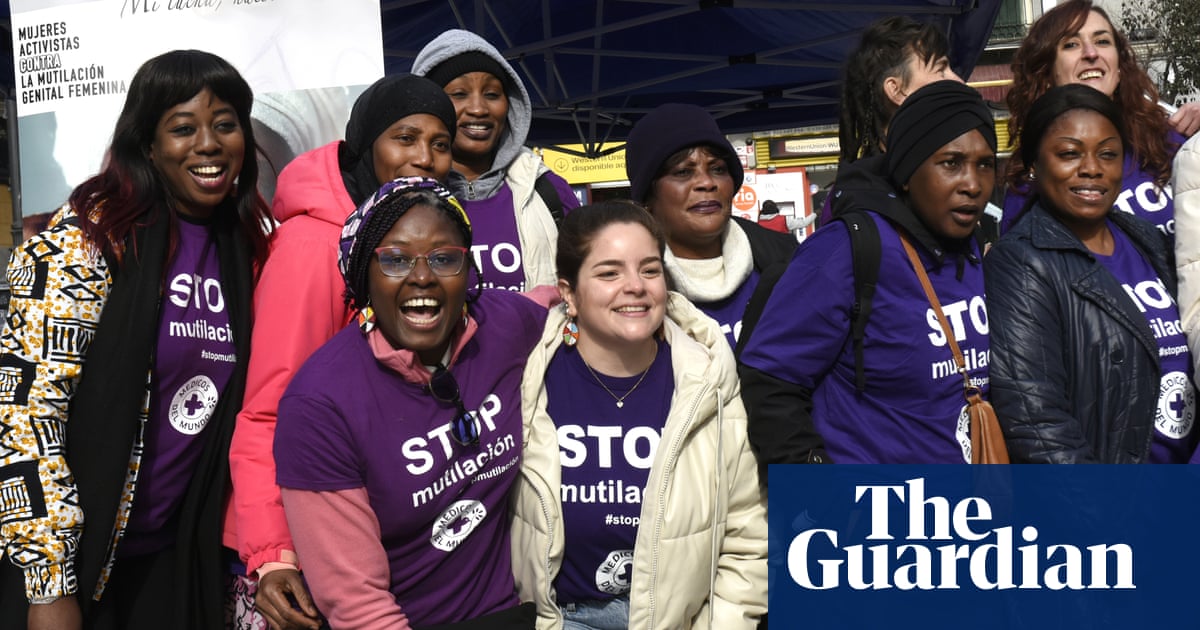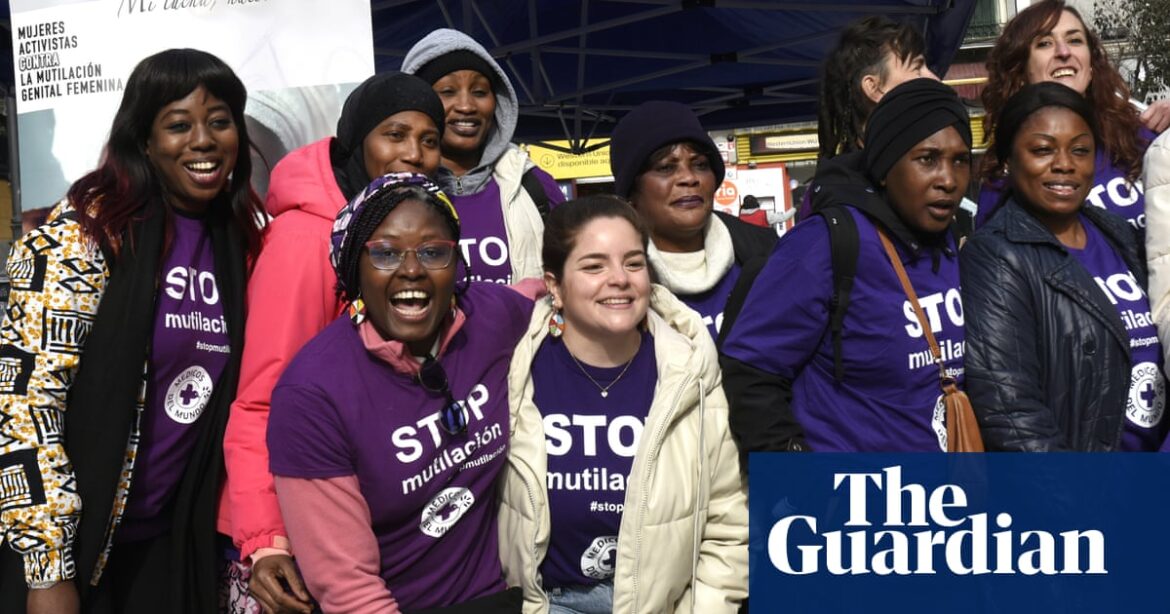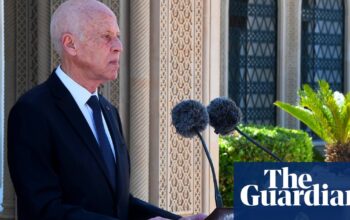
A group of African women who have undergone female genital mutilation will be spearheading a two-year “caravan campaign” throughout the continent, advocating for the abolishment of this harmful practice.
A team of grassroots activists and organizations in Africa, known as #FrontlineEndingFGM, will travel 7,400 miles (12,000km) across 20 countries including Nigeria, Sudan, and Cameroon.
Activists, medical professionals and religious leaders from high prevalence areas in these countries will hold a series of events and radio broadcasts tailored to local challenges in eradicating FGM. At the border of each country, the convoys will hand over an anti-FGM banner and the “Dear Daughter” pledge book, in which families commit to protecting their daughters from the cut, to the next caravan.
Ayo Bello-Awodoyin, leader of the Global Media Campaign to end FGM in Nigeria, stated that they are transferring power. This will allow grassroots activists, who have been working without proper support, to step up and lead efforts across various countries.
The initiative, influenced by the “pink bus” protests against FGM that began about ten years ago in the Gambia, will launch in Mauritania in June and continue until mid-2026, concluding in Djibouti.
The practice of FGM in Africa has decreased in the last thirty years, with some countries experiencing a faster decline than others. Kenya, Burkina Faso, Togo, and Liberia have seen a significant decrease, while countries like the Gambia, Somalia, Mali, and Guinea still have high levels of support for the practice. In Sierra Leone, FGM is still legal despite ongoing calls for it to be banned, especially after three girls died during an FGM ritual in January. Despite the presence of anti-FGM laws in many African countries, activists claim that inadequate enforcement allows the practice to continue.
According to Bello-Awodoyin, the main concern is the efficiency of laws. If we declare that FGM is a punishable crime but fail to take legal action, it becomes a significant obstacle.
Advocates argue that in order to eliminate the practice, which is often deeply ingrained in cultural and religious traditions, efforts must be tailored to the specific regions where it is prevalent. In Somalia, for example, where 98% of women have experienced FGM, the belief that it is a religious obligation is hindering its eradication, according to human rights organizations.
According to Ifrah Ahmed, a survivor of FGM and the founder of the Ifrah Foundation, hearing a religious leader acknowledge that FGM is a cultural, not religious, practice will greatly impact the community. The Ifrah Foundation works towards ending FGM.
Activists plan to utilize a caravan to engage and organize communities in remote regions, such as displacement camps, where they will screen films about the negative effects of female genital mutilation (FGM) on health, specifically related to childbirth, menstruation, sex, and mental well-being.
According to Ahmed, when individuals personally view these documentaries, it will have a different impact on them. While it is one thing to inform them about the deaths of young girls due to FGM, witnessing it firsthand is another.
According to the Global Media Campaign, implementing regular radio campaigns has proven to be a successful method of connecting with communities. In the Tana River region of southern Kenya, a three-year broadcast project led by religious leaders resulted in an 84% decrease in the most severe type of female genital mutilation (FGM). To combat challenges such as the rising popularity of medicalized FGM in the Horn of Africa and underground practices, the organization hopes that their efforts in organizing a caravan will reignite anti-FGM advocacy throughout the continent.
Bello-Awodoyin expressed her hope that individuals will understand the negative impact of FGM and that those who have experienced it and leaders of community organizations will continue to advocate against it.
Source: theguardian.com



